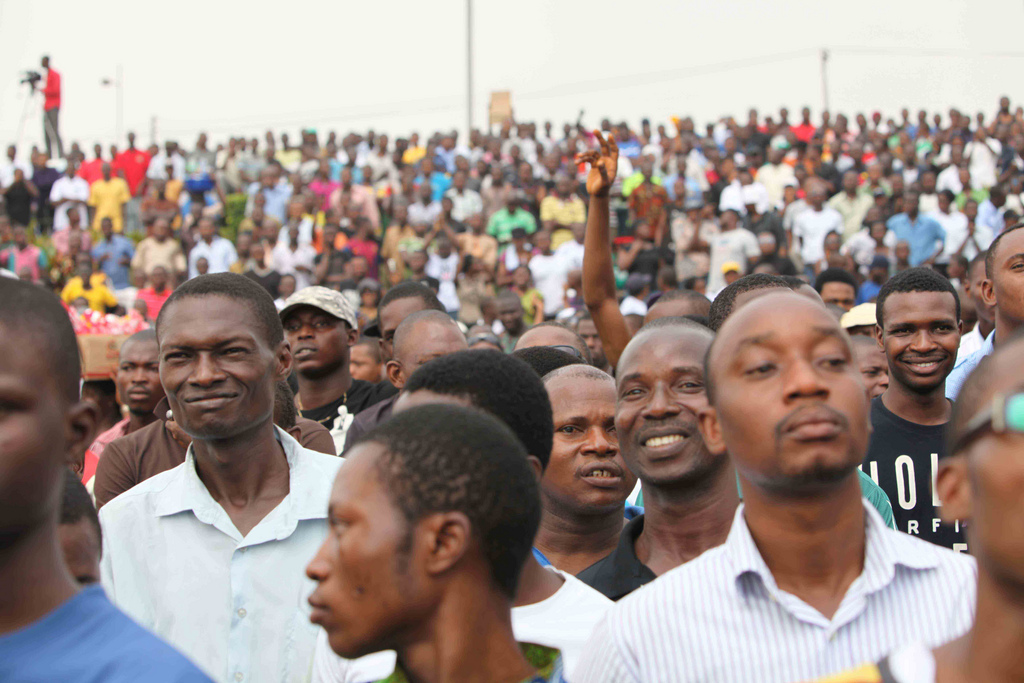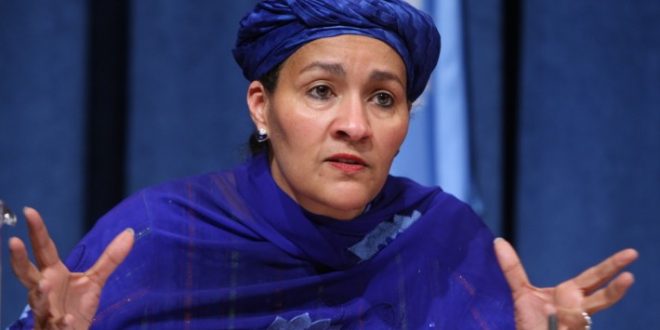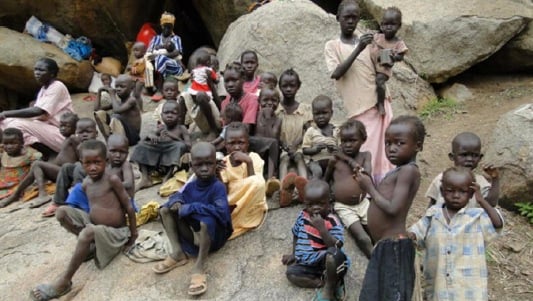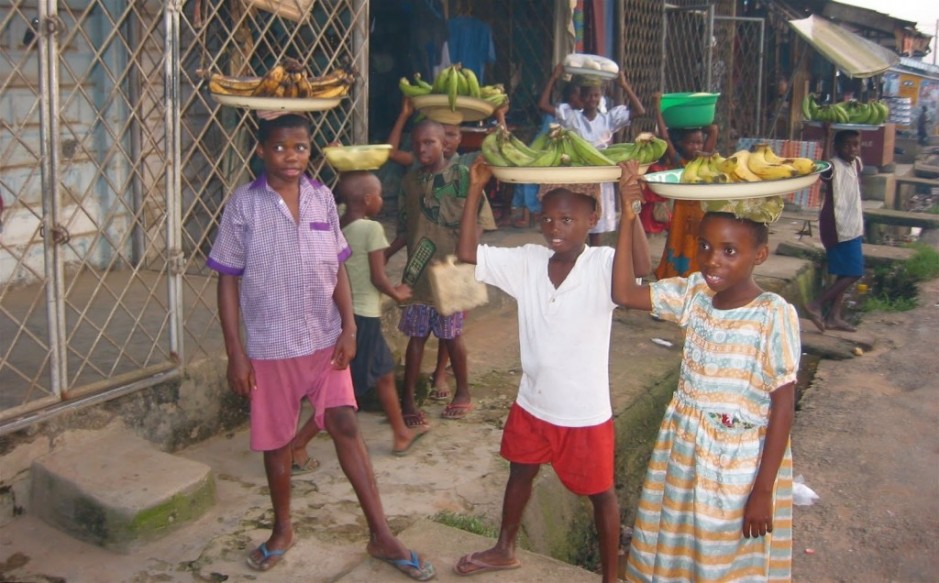Nigeria life expectancy, at 54.5, is one of the worst in the world, according to World Health Organisation (WHO) report titled: ‘World Health Statistics: Monitoring Health for the SDGs’.
The report, released on Thursday, showed that while there have been gains globally since 2000, inequalities exist within countries and among countries.
Almost all countries with low expectancy are in Africa with people in Sierra Leone having the world’s lowest life-expectancy for both sexes, 50.8 years for women and 49.3 years for men. Citizens of war torn South Sudan and Somalia will, on the average, live longer than Nigerians, with a life span of 57.3 and 55 respectively.
“The world has made great strides in reducing the needless suffering and premature deaths that arise from preventable and treatable diseases,” said Margaret Chan, WHO’s director-general.
Advertisement
“But the gains have been uneven. Supporting countries to move towards universal health coverage based on strong primary care is the best thing we can do to make sure no-one is left behind.”
According to WHO, “Global life expectancy for children born in 2015 was 71.4 years (73.8 years for females and 69.1 years for males), but an individual child’s outlook depends on where he or she is born. The report shows that newborns in 29 countries – all of them high-income — have an average life expectancy of 80 years or more, while newborns in 22 others – all of them in sub-Saharan Africa — have life expectancy of less than 60 years.”
Japan women have the longest life span and are expected to live to 86.8 years while Switzerland men would live the longest at 81.3 years.
Advertisement
Healthy life expectancy, a measure of the number of years of good health that a newborn in 2015 can expect, stands at 63.1 years globally (64.6 years for females and 61.5 years for males).
WHO’s Targets of Sustainable Development Goals
WHO says this year’s “World Health Statistics” shows that many countries are still far from universal health coverage as measured by an index of access to 16 essential services, especially in the African and eastern Mediterranean regions.
The organisation decried the high number of people who face catastrophic health expenses, defined as out-of-pocket health costs that exceed 25% of total household spending.
The report also highlighted inequalities in access to health services within countries –between a given country’s poorest residents and the national average for a set of reproductive, maternal and child health services.
Advertisement
WHO said the statistics are based on the evidence available in early 2016.
Add a comment






